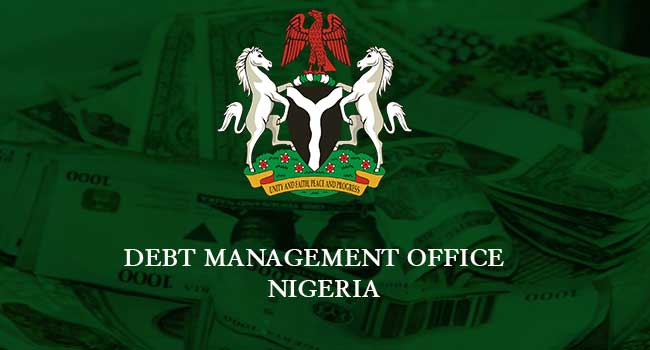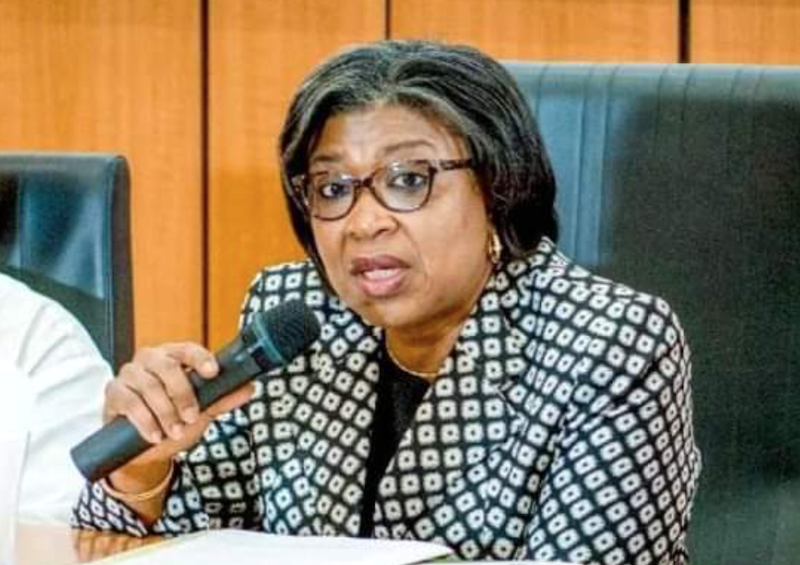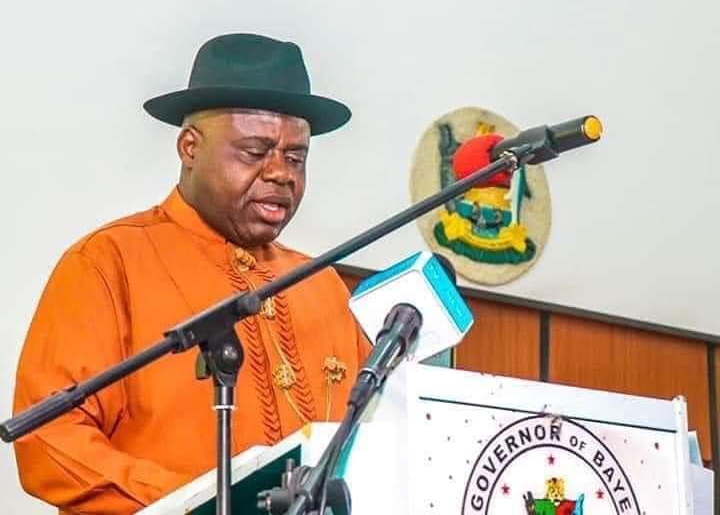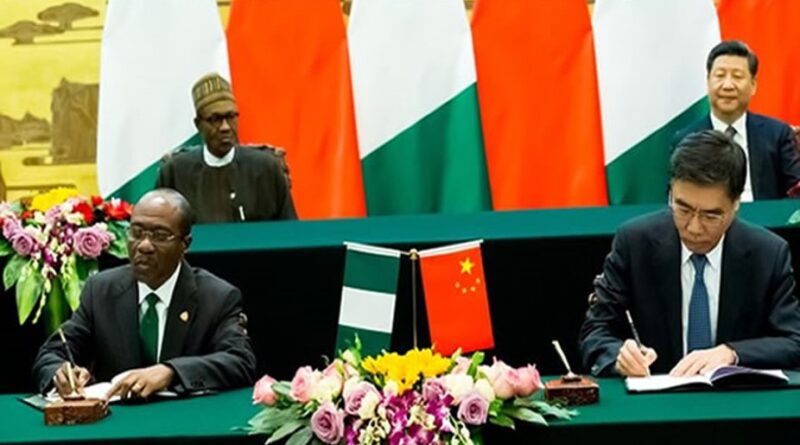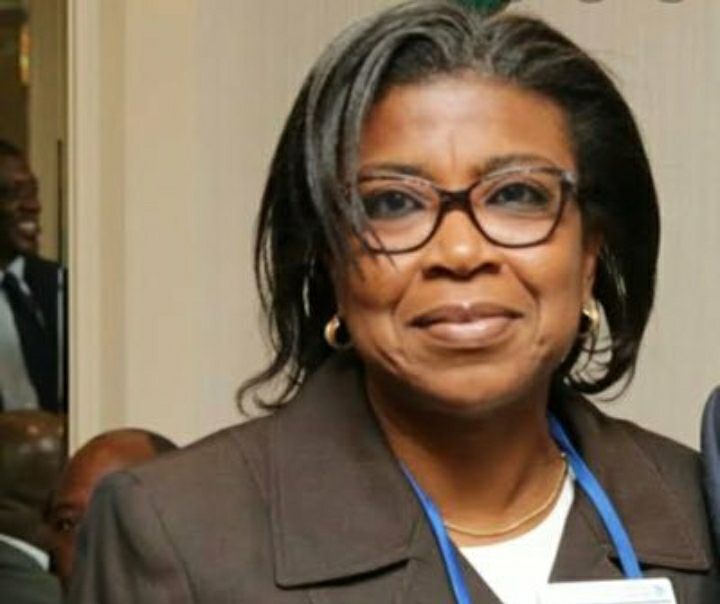The Debt Management Office (DMO), has on behalf of the Federal Government of Nigeria (FGN), listed four FGN bonds valued at N360 billion for auction.
Announcing the bond auction, the DMO listed the first offer as a Feberuary 2028 FGN bond, valued at N90 billion at interest rate of 13.98 per cent per annum (10-year re-opening).
The second is an April 2032 FGN bond, valued at N90 billion at 12.50 per cent interest rate per annum (10-year re-opening)
There is also an April 2037 FGN bond, valued at N90 billion, at 16.24 per cent interest rate per annum (20-year re-opening).
The fourth offer is an April 2049 FGN bond, also valued at N90 billion, at an interest rate of 14.80 per cent per annum (30- year re-opening).
It announced that the auction date is Feb. 13, while settlement date is Feb. 15.
According to the DMO, for re-opening of previously issued bonds, successful bidders will pay a price corresponding to the yield-to-maturity bid that clears the volume being auctioned plus any accrued interest on the instrument.
“Interest is payable semi-annually, while bullet repayment (principal sum) is on the maturity date.
“FGN bonds are backed by the full faith and credit of the Federal Government of Nigeria and are charged upon the general assets of Nigeria.
“They qualify as securities in which trustees can invest under the Trustee Investment Act.
“They also qualify as government securities within the meaning of Company Income Tax Act and Personal Income Tax Act for tax exemption for funds among other investors.
“They are listed on the Nigerian Exchange Limited and FMDQ OTC Securities Exchange,’’ the DMO said.
It said that all FGN bonds qualify as liquid assets for liquidity ratio calculation for banks.
